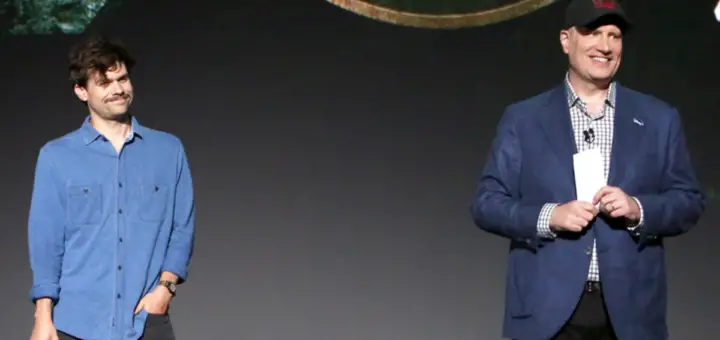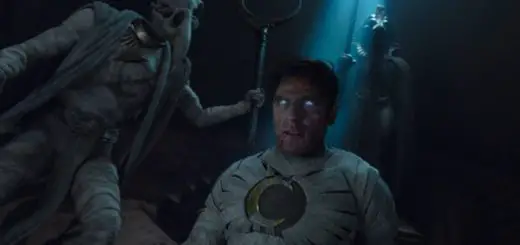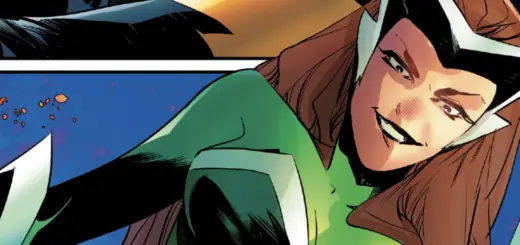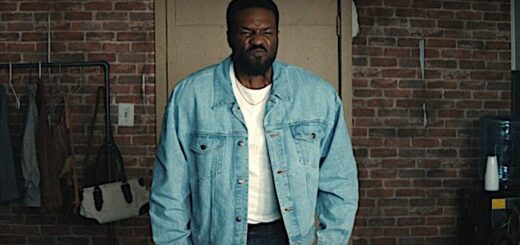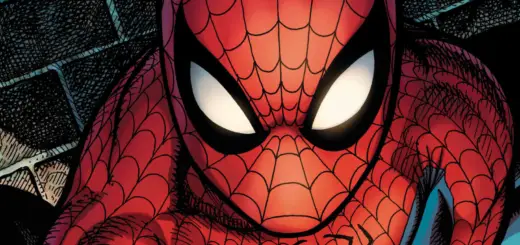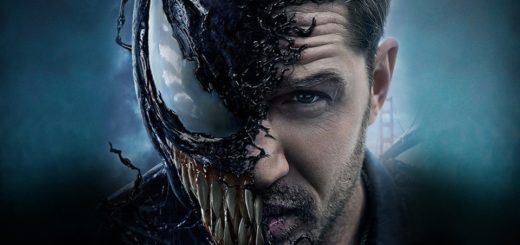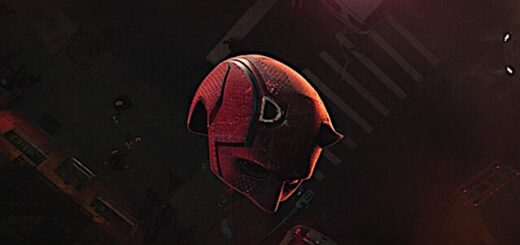Architect of the MCU’s Multiverse Talks its Potentially Dangerous Effect on Storytelling
If you have been in the loop on the inner workings of the MCU, then you have likely heard the name Michael Waldron, the writer of Loki and Doctor Strange in the Multiverse of Madness, the architect of the MCU’s multiverse talks about its potentially dangerous effects on storytelling.
The MCU’s Phase Four has been riddled with series and films that point to the next great threat to the Marvel Cinematic Universe as we know it; the destruction of the multiverse.
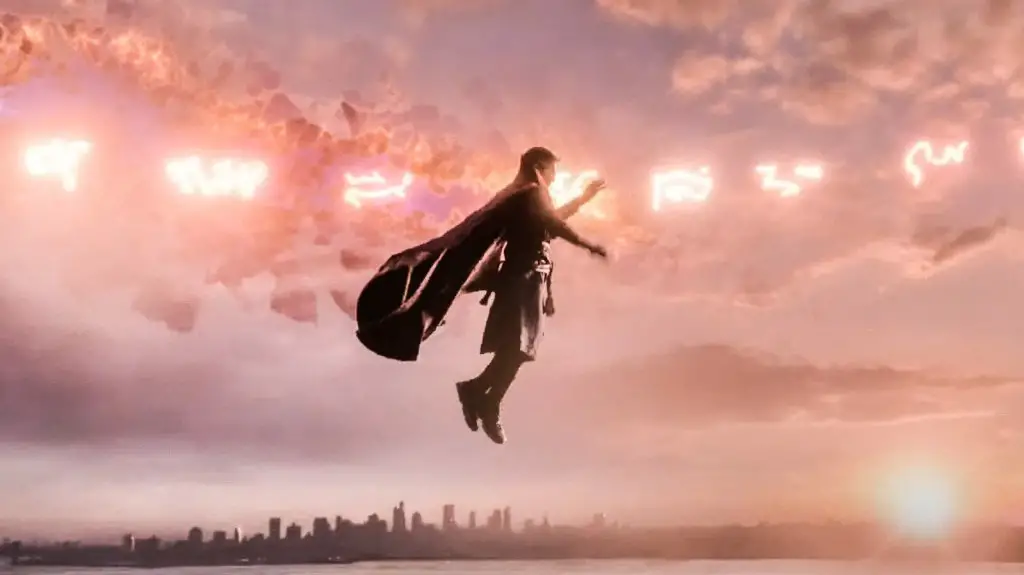
Source: Marvel Studios
Loki was the first series to devel deep into just what the multiverse is, and how it could bring tremendous danger to our favorite heroes within the Marvel Universe.
It was Spider-Man: No Way Home that took the idea of the multiverse and the horrid effects of its unraveling and put them into practice; with multiple alternate realities collapsing in on each other to nearly extinguishing reality.
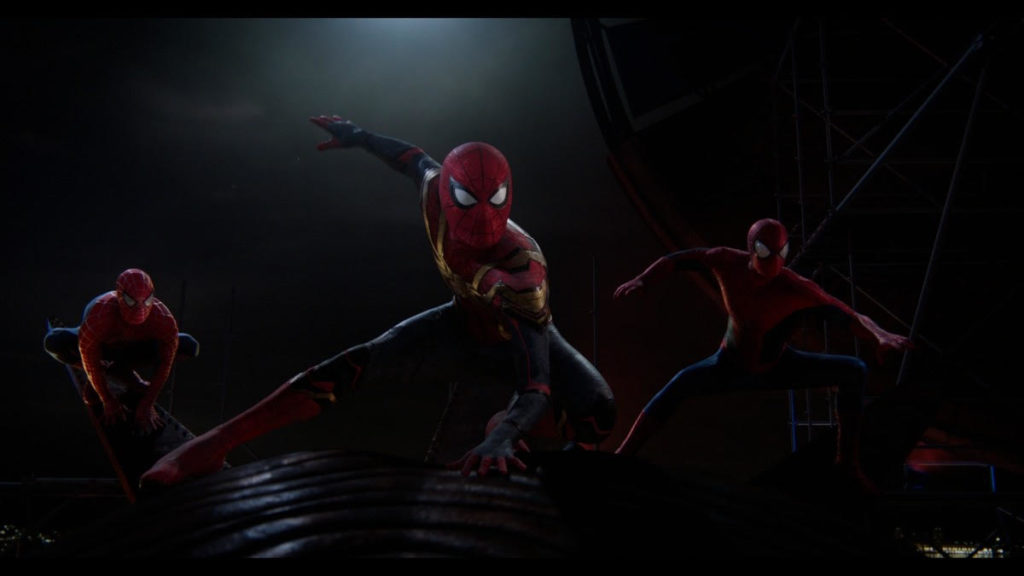
Source: Marvel Studios
The final MCU project that promises to tackle this continuingly less stable multiverse is the long-awaited Doctor Strange in the Multiverse of Madness; a film that sees Marvel’s resident sorcerer go head to head against the dangers of the unknown.
What two of those projects have in common is that they were helmed by Michael Waldron, the writer who has crafted the very idea; and he has brought up a very good point as to why all of this multiversal storytelling could be a hindrance to the MCU in the near future.
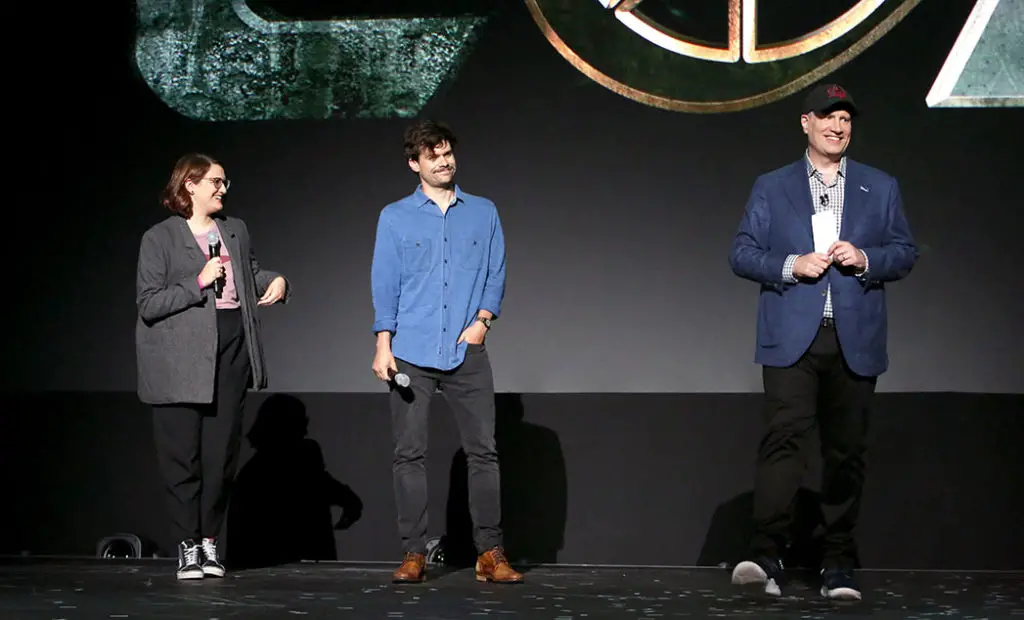
ANAHEIM, CALIFORNIA – AUGUST 23: (L-R) Director Kate Herron and Writer Michael Waldron of ‘Loki’ and President of Marvel Studios Kevin Feige took part today in the Disney+ Showcase at Disney’s D23 EXPO 2019 in Anaheim, Calif. ‘Loki’ will stream exclusively on Disney+, which launches November 12. (Photo by Jesse Grant/Getty Images for Disney)
The Architect of the MCU’s Multiverse spoke with SFX Magazine (Via ComicBook.com) about the dangers of the concept, and why Marvel must proceed with caution.
Waldron stated, “The danger is you can expand your scope too wide, and you can actually reduce the stakes if you don’t make it personal as you go bigger and wider, But the opportunity in the multiverse is to have characters confront literal ‘What ifs?’ and alternate versions of themselves…”
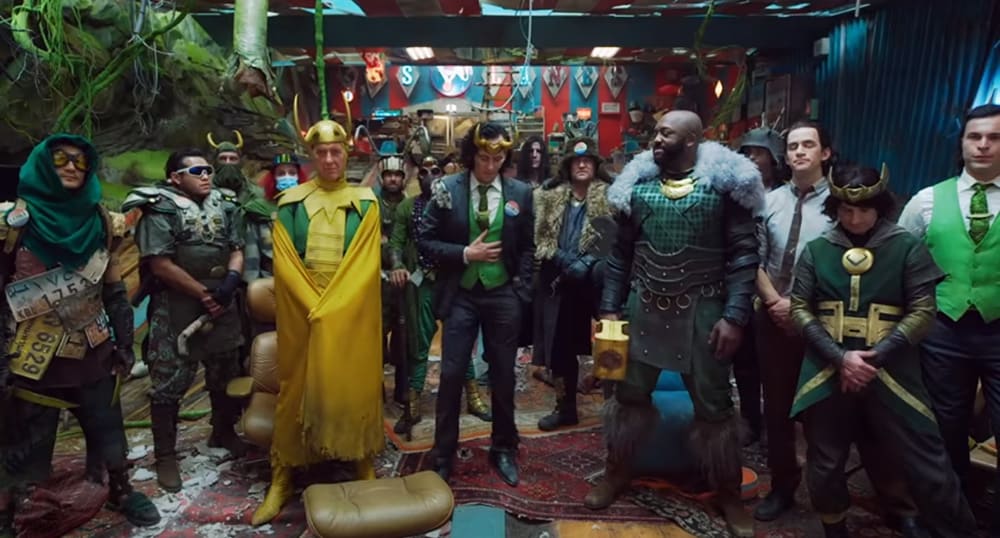
Get help! One of the best MCU jokes. Photo: Disney+
He continued, “In every way, it shapes the emotional heart of the story. It has to. The multiverse isn’t just a MacGuffin where we’re like, ‘Okay, this is just a kitschy thing that we’re playing within this movie.'”
“If you’re faced with alternate realities and with alternate versions of yourself that has to become the emotional heart,” Waldron noted, “exploring who you might be if you were a different version of yourself if you made other choices, the right choices or the wrong choices.”
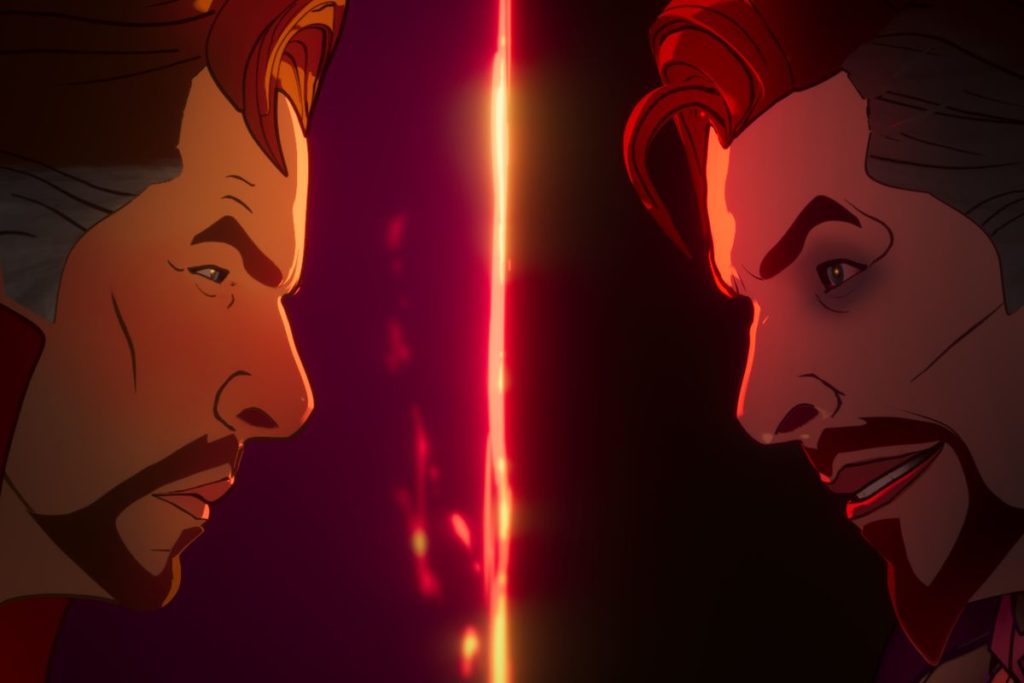
Source: Marvel Studios
The writer concluded by noting why- for Doctor Strange in the Multiverse of Madness- the brevity is to its benefit, “Its complex stuff, emotionally, and that’s exactly why it’s so thrilling and so great for a cast as dramatically talented as this one.”
Michale Waldron, the Architect of the MCU’s Multiverse, is exactly correct; and it is this perspective and commitment that has led Marvel’s Phase Four to some of the studio’s most dominant works.
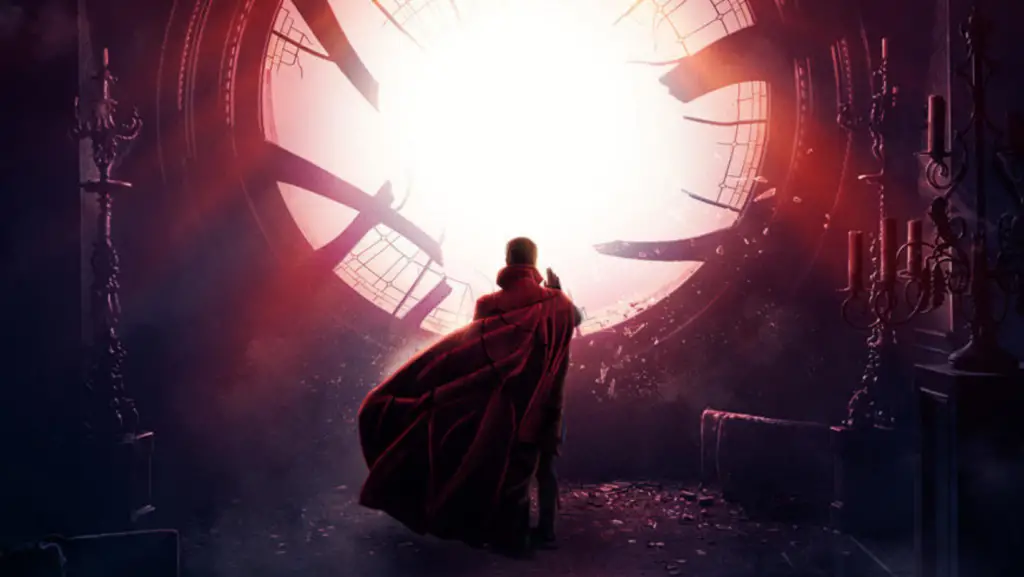
Source: Marvel Studios


